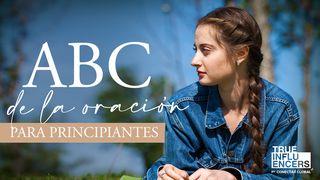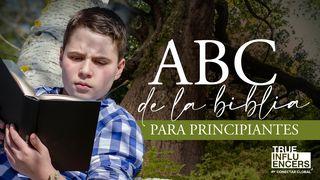Leadership Lessons From Moses' JourneyMuestra

Community
When Moses entered the Pharaoh’s palace, it wasn’t lost on anyone—not on Moses or his family, Pharaoh or his daughter, the Egyptians or the Hebrews—that Moses was not an Egyptian. Yet he continued to identify with his people even though he was not raised with his biological family. In fact, when he saw an Egyptian abusing a Hebrew slave, he defended the slave to the death—killing the Egyptian.
Moses empathized with and cared about his own Hebrew people. With them he shared an identity, culture, and history. His origin was an intentional act of God, and that was important to Moses.
When he noticed the injustices imposed on the Hebrews by the Egyptians, he took action. He also wanted his fellow Hebrews to do right by each other and be better for themselves.
The Egyptian palace was not Moses’ forever home. His righteous anger expressed in an unrighteous way—killing an Egyptian—forced him to leave his second home and flee to Midian. There he found and married his wife, and they began to raise a family. But Midian was not his forever home either. We soon learn that God was calling him out of that place also.
The Hebrew home and culture, the Egyptian palace full of wealth and power, and the land of shepherds in Midian became training grounds to prepare Moses for his life’s purpose. Each of them shaped his identity. Community is a place.
Many of us who trust and follow God are, like Moses, destined in some way to wander and sojourn in this strange land we call earth. Our physical homes change, but community is not only a place. Remember that “leaders are not shaped in isolation. . . . God deliberately and intentionally shapes the leader’s heart through community.” Community is about people.
From A Sojourner’s Truth by Natasha Sistrunk Robinson
Escritura
Acerca de este Plan

We can learn much from Moses, a leader who was born into a marginalized people group, resisted the injustices of Pharaoh, was denied the power of Egypt, and trusted God even when he did not fully understand where he was going. Join Natasha Sistrunk Robinson as she explores the spiritual and physical tensions of truth-telling, character, leadership development, and bridge building across racial, ethnic, socioeconomic, and gender lines.
More
Planes relacionados

ABC De La Oración ... Para Principiantes.

ABC De La Biblia Para Principiantes

Confiando en Los Propósitos De Dios

Testigos Del Milagro: La Primera Navidad

La Gracia. 7 Claves Para Vivir en Plenitud.

¡Levántate! 7 Claves Para Levantarte Y Seguir.
Marcas De Un Discípulo

Que El Mundo Crea
